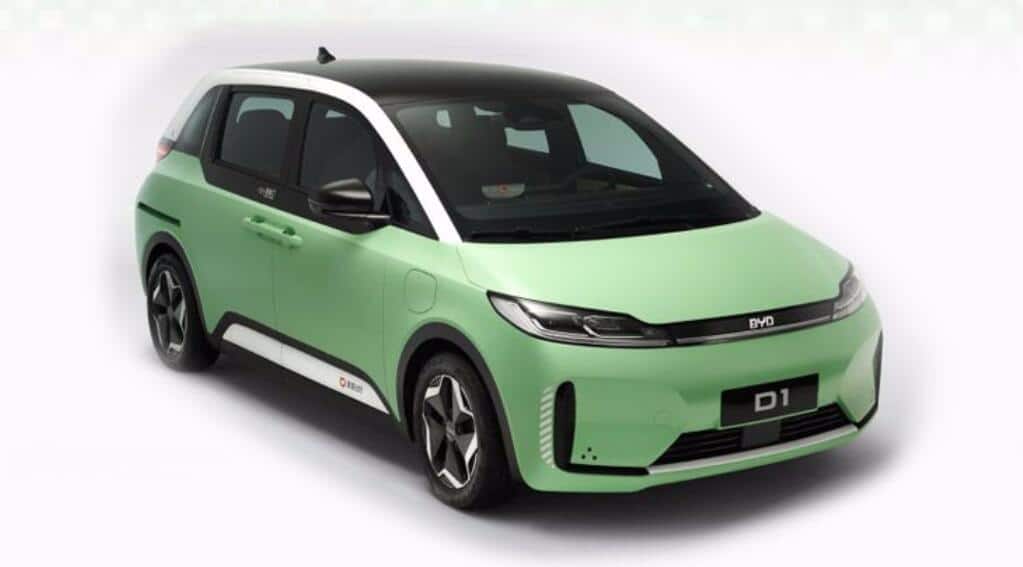99, a subsidiary of Didi, has pledged to register 10,000 EVs on its platform by 2025.

(Image credit: BYD)
Brazilian ride-hailing app 99 has signed a partnership agreement with BYD (SHE: 002594, HKG: 1211, OTCMKTS: BYDDF) to begin testing an electric vehicle developed for the app's drivers, according to a Reuters report on Tuesday.
The car, developed by BYD and China's Didi Chuxing, will begin testing this week in Brazil's financial capital Sao Paulo, with the aim of accelerating the adoption of electric vehicles (EVs) in 99's fleet.
The company, a subsidiary of Didi, plans to have more than 300 EVs in its fleet by the end of this year, according to the report.
BYD is China's largest new energy vehicle (NEV) maker and a key partner of Didi in China, where it has more than 1 million electric and hybrid vehicles registered on its platform, according to Reuters.
Thiago Hipolito, 99's director of innovation, said 99 hopes to replicate the idea in Brazil.
"What we have seen is that the massive adoption of the electric car in China has passed through the application driver and this has generated a natural demand for infrastructure" to support these vehicles, such as battery charging stations, he said, according to Reuters.
In November 2020, BYD and Didi jointly launched a customized D1 model for the ride-hailing market.
99, which has more than 750,000 monthly active drivers and more than 20 million users in Brazil, promises to register 10,000 EVs on its platform by 2025, according to the report.
The company launched in 2012, serving Sao Paulo, and has since expanded to other regions.
In January 2017, 99 received funding from Didi. In May 2017, it raised $100 million from another round of investment led by SoftBank.
On January 3, 2018, Didi acquired the remainder of 99 for an undisclosed amount, making 99 the first so-called "unicorn" in Brazil, a startup valued at more than $1 billion.
BYD sold a record 134,036 NEVs in June, the fourth consecutive month of more than 100,000 units, according to data the company released on July 3.
Increasingly long delivery lead times due to lack of production capacity are the main challenge BYD is currently facing. But the situation is expected to see significant relief next month, according to local media.
If the plan to increase production goes well, BYD's monthly production will reach about 300,000 units in August, when the delivery cycle for models with serious shortages, including the Dolphin, is expected to be shortened to within one month, Jiemian said on July 11, citing unnamed insiders.
By the end of this year, BYD's all-electric passenger car business is expected to cover 45 major cities in Brazil through a partnership between BYD Brazil and local dealers, the company said on May 27.
BYD also plans to have 100 designated dealers in Brazil by the end of 2023.